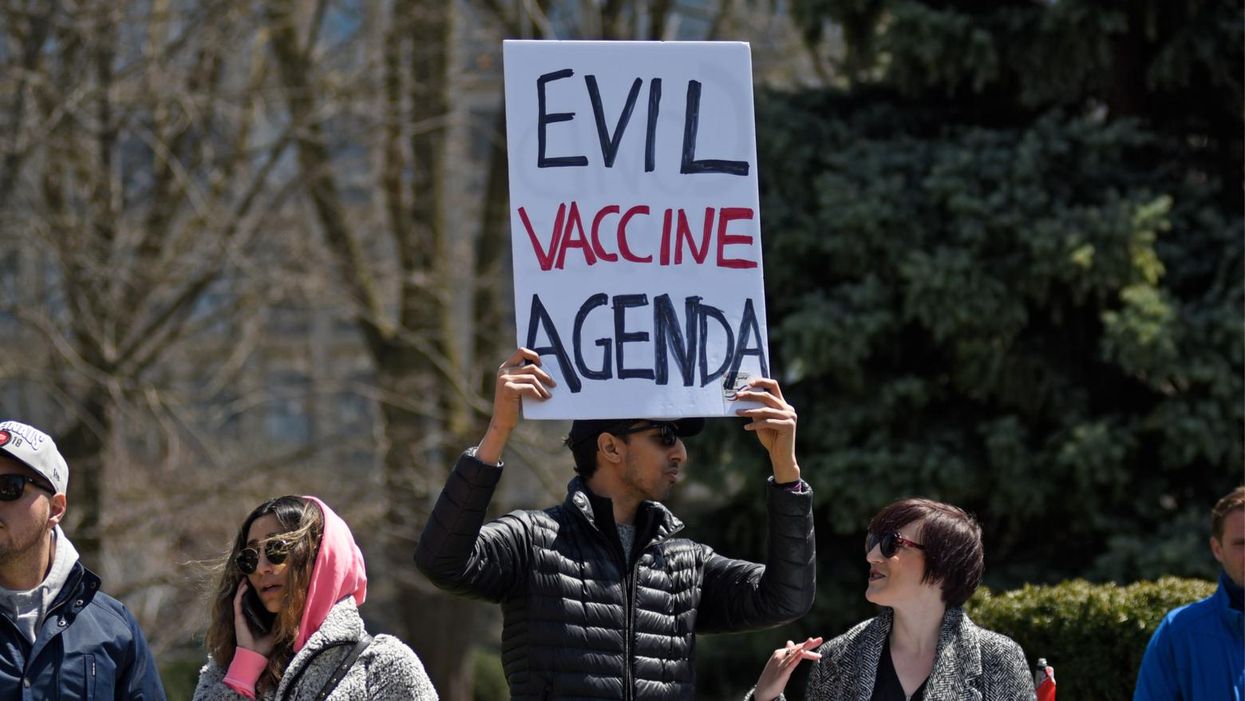How 'Machiavellianism, psychopathy and collective narcissism' help explain COVID-19 conspiracy beliefs: study


A new study explains how a number of dark personality traits are connected to the ideology of conspiracy theories. According to PsyPost, a study recently published by Personality and Individual Differences was conducted by Sara Hughes and Laura Machan. It indicates that "Machiavellianism, primary psychopathy, and collective narcissism" are traits that appear to coincide with the beliefs of those who buy into conspiracy theories.
Science Direct reports that the study, which focused on 406 participants from the United Kingdom, was based on an assessment of a number of personality measures. It also delved into individuals' "susceptibility to conspiracy beliefs and the mediating role of Covid related conspiracy beliefs on links between personality and intentional dissemination of Covid-19 conspiracies and willingness to obtain a Covid-19 vaccine."
The study focused on the characteristics of those who possess the dark triad traits and how they have a tendency to hold more hostility toward other groups. Participants completed a questionnaire to assess conspiracist ideation where they had the opportunity to provide their opinions with answers like: "There is no hard evidence that COVID really exists."
"To assess intention to be vaccinated against Covid-19, participants were asked what they would do if a vaccine were tested and approved and they had the opportunity to be vaccinated next week," the study indicates.
READ: 'You were gullible': Federal judge torches Trump's election lies — and a rioter who believed them
Per PsyPost, their findings indicate the following:
"Machiavellianism, psychopathy, and collective narcissism have been previously linked to conspiracy mentality. Machiavellianism is concerned with the strategic manipulation of others. Primary psychopathy is characterized by callousness and lack of emotion, while secondary psychopathy is characterized by impulsivity and antisociality. Collective narcissism refers to an inflated sense of superiority extending to one's in-group."
Their research also highlights three potential limitations.
"First, rather than obtaining behavioral measures, participants were prompted to provide self-report ratings of their intentions to disseminate COVID-19 conspiracies. Second, given participants' knowledge relating to COVID-19 was not assessed, it could be the case that those with greater beliefs in Covid-19 conspiracies were lacking in factual knowledge. Lastly, given the cross-sectional nature of this work, the researchers do not make causal inferences about their findings."
READ: Pulitzer Prize-winning columnist slams Ron DeSantis for 'lying' about COVID-19 vaccines